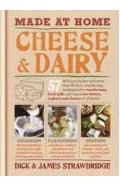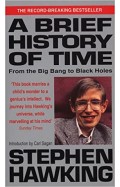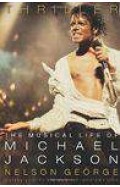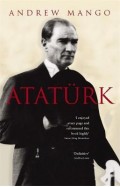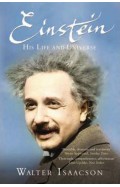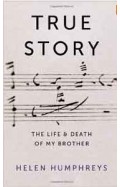Music at Midnight: The Life and Poetry of George Herbert
By: John Drury
-
Rs 930.75
- Rs 1,095.00
- 15%
You save Rs 164.25.
Due to constant currency fluctuation, prices are subject to change with or without notice.
| Book | |
| What's in the Box? | 1 x Music at Midnight: The Life and Poetry of George Herbert |
Music at Midnight: The Life and Poetry of George Herbert
By: John Drury
Rs 930.75 Rs 1,095.00 Ex Tax :Rs 930.75
Zubin Mehta: A Musical Journey (An Authorized Biography)
By: VOID - Bakhtiar K. Dadabhoy
Rs 892.50 Rs 1,050.00 Ex Tax :Rs 892.50
The Lady And The Peaok The Life of Aung San Suu Kyi of Burma
By: Peter Popham
Rs 760.75 Rs 895.00 Ex Tax :Rs 760.75
Einstein His Life and Universe - (PB)
By: Walter Isaacson
Rs 2,695.50 Rs 2,995.00 Ex Tax :Rs 2,695.50
True Story On the Life and Death of My Brother
By: Helen Humphreys
Rs 4,245.75 Rs 4,995.00 Ex Tax :Rs 4,245.75
Bolivar The Epic Life of the Man Who Liberated South America
By: Marie Arana
Rs 3,415.50 Rs 3,795.00 Ex Tax :Rs 3,415.50
No recently viewed books available at the moment.
Zubin Mehta: A Musical Journey (An Authorized Biography)
By: VOID - Bakhtiar K. Dadabhoy
Rs 892.50 Rs 1,050.00 Ex Tax :Rs 892.50
Music at Midnight: The Life and Poetry of George Herbert
By: John Drury
Rs 930.75 Rs 1,095.00 Ex Tax :Rs 930.75












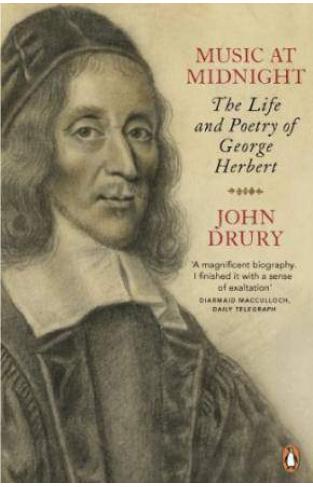
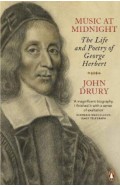
-120x187.jpg?q6)





